
A local official from Moscow has called for the denazification of Poland, the Baltic States, the Republic of Moldova and Kazakhstan, by applying the same method used in the case of Ukraine, namely a Russian military intervention. The Russian state media, agencies such as TASS or RIA Novosti, have ignored the initiative.

Viruses synthesized to target certain populations and areas transported by birds instead of missiles, an army of Satanists fighting on the side of Ukrainian forces and “delicate” bombings carried out by the Russian army – these are some of the weirdest narratives launched by Russian propaganda after the invasion of Ukraine.

The mines Ukraine has planted in the Black Sea could set off the hydrogen sulfide deposits in the sea and thus cause a cataclysm in Europe. The false narrative was promoted in Romania by Sorin Roșca Stănescu on Cozmin Gușă’s radio show. Both have previously fostered disinformation and fake news and have aligned themselves to Russia’s positions.
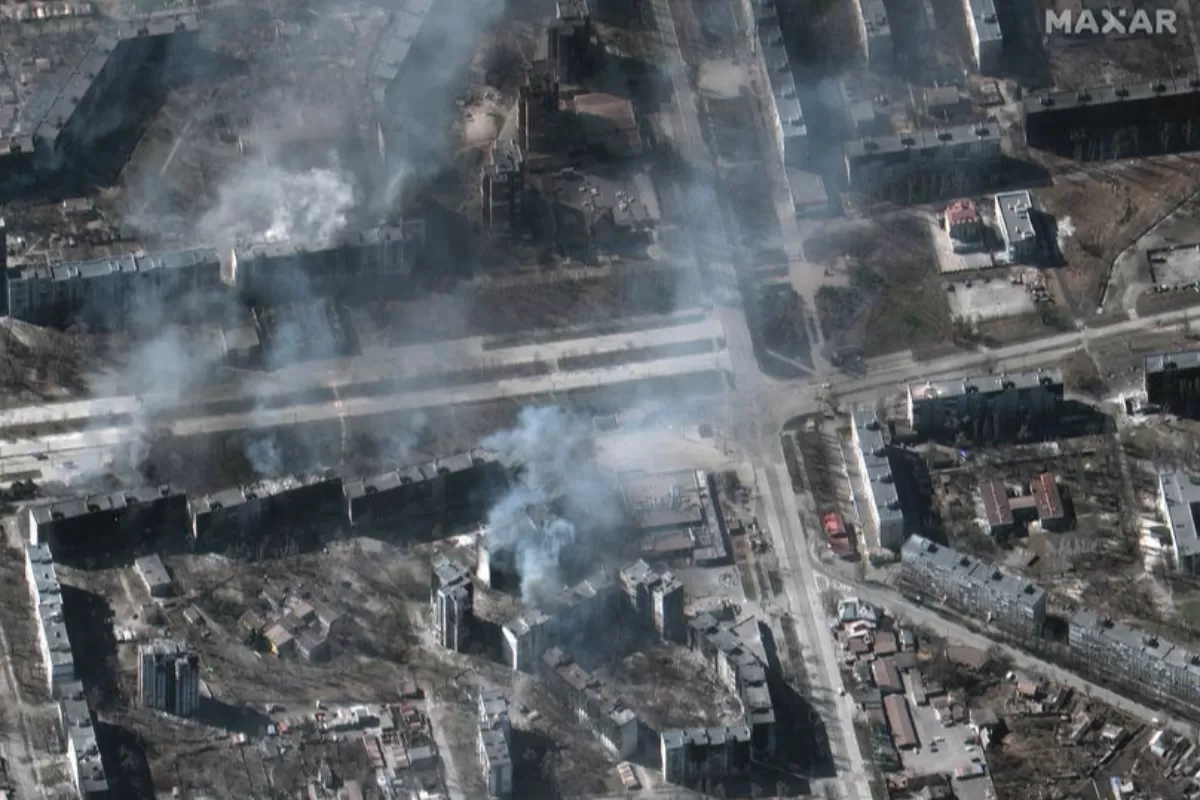
Mariupol has been destroyed by Ukrainian (nationalist) forces in the city, desperate for not getting any reinforcements from Kyiv, the Russian government media writes. The narrative is meant to draw attention away from the fact that the Russian army shelled the city systematically, without caring about killing civilians or causing damage.

Ukraine will attack the US Embassy in Lviv and will blame Russia with a view to forcing NATO to enter the war, according to a recent propaganda narrative fostered by the Russian state media, which quotes a statement of the Russian Defense Ministry spokesman.
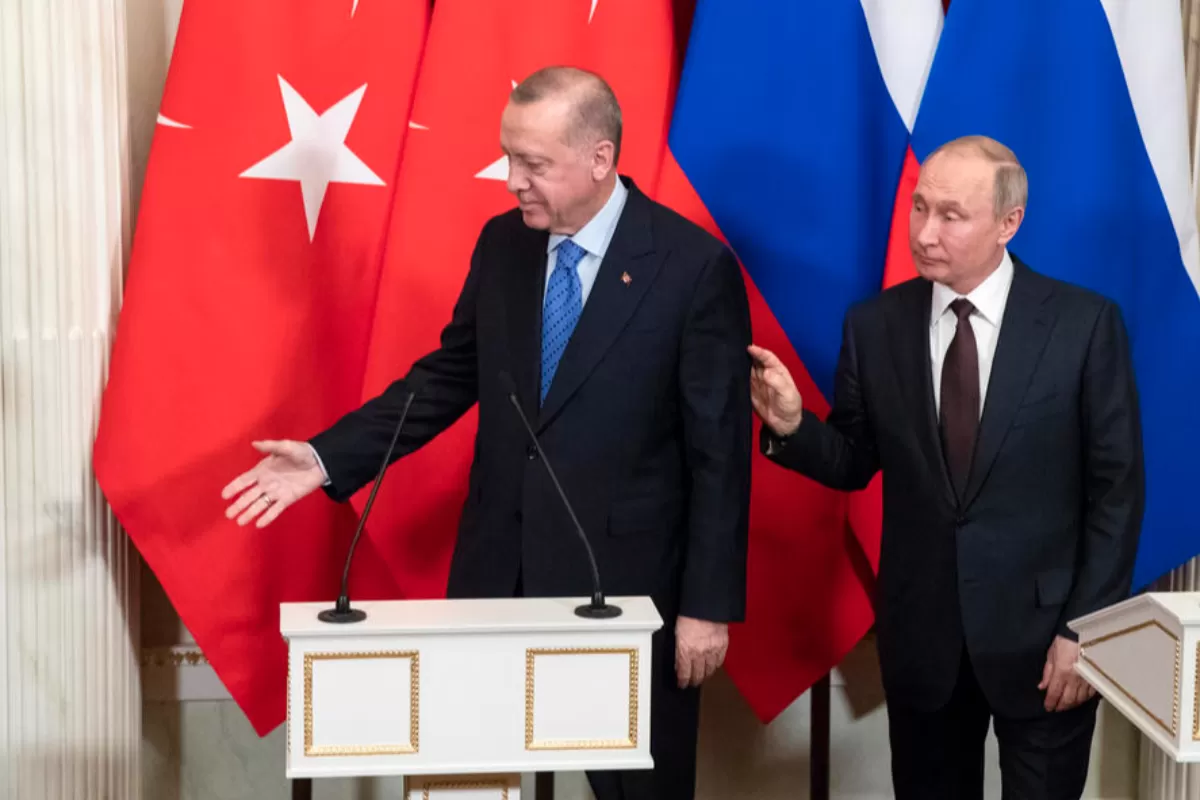
Against the backdrop of a worsening economic crisis, Turkey is trying to reconnect with its former allies, after years of pushing them away with its aggresive rhetoric and policies. However, Ankara must also take into account its relationship with Russia, given that it is dependent on that country for energy, agricultural products, tourism and trade.
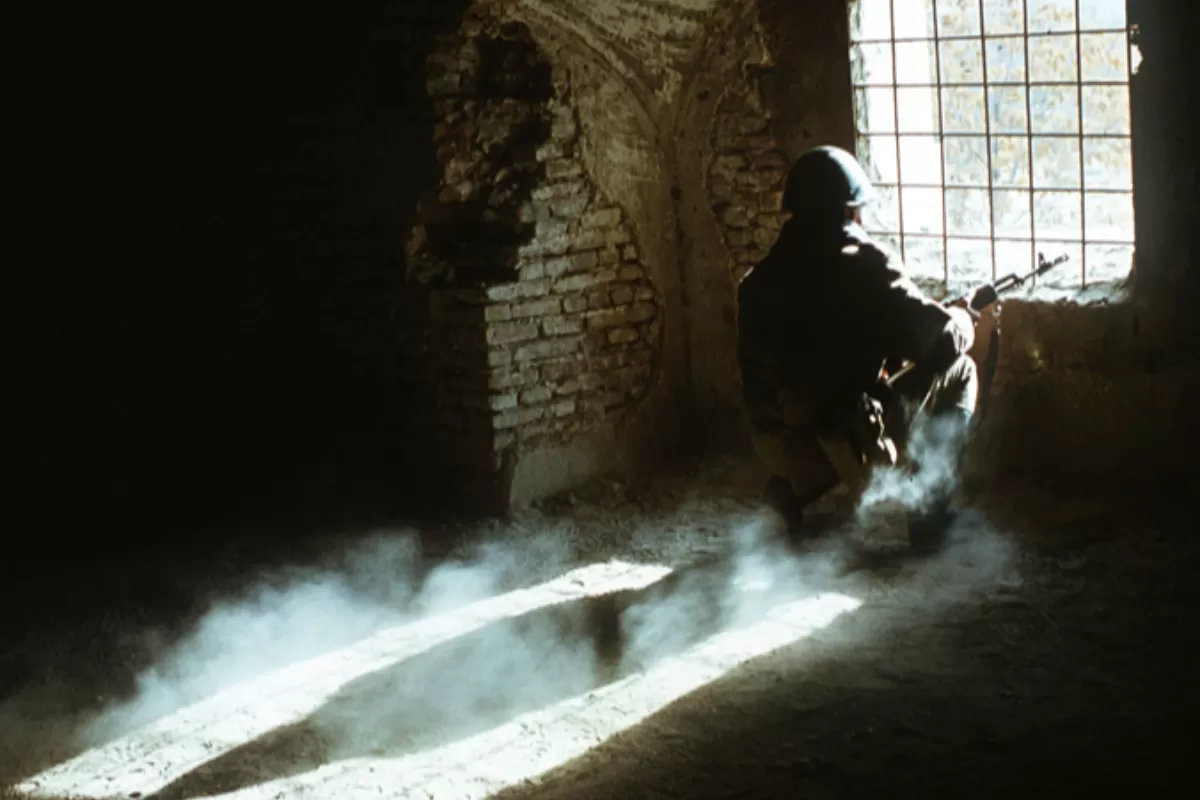
Through its tactics in Ukraine, the Russian military is reminiscent of the Soviet army in Afghanistan rather than a modernized force. Veridica spoke with Chisinau military historian and researcher Ion Xenofontov to see the similarities and differences between the two wars fought by the former USSR and its legal successor, Russia.

The Russian media writes Kyiv alone is to blame for the prolonged conflict in Ukraine. The narrative is used alongside older propaganda messages, according to which Moscow is carrying out a special military operation aimed at protecting civilians, whom Kyiv is using as human shields.
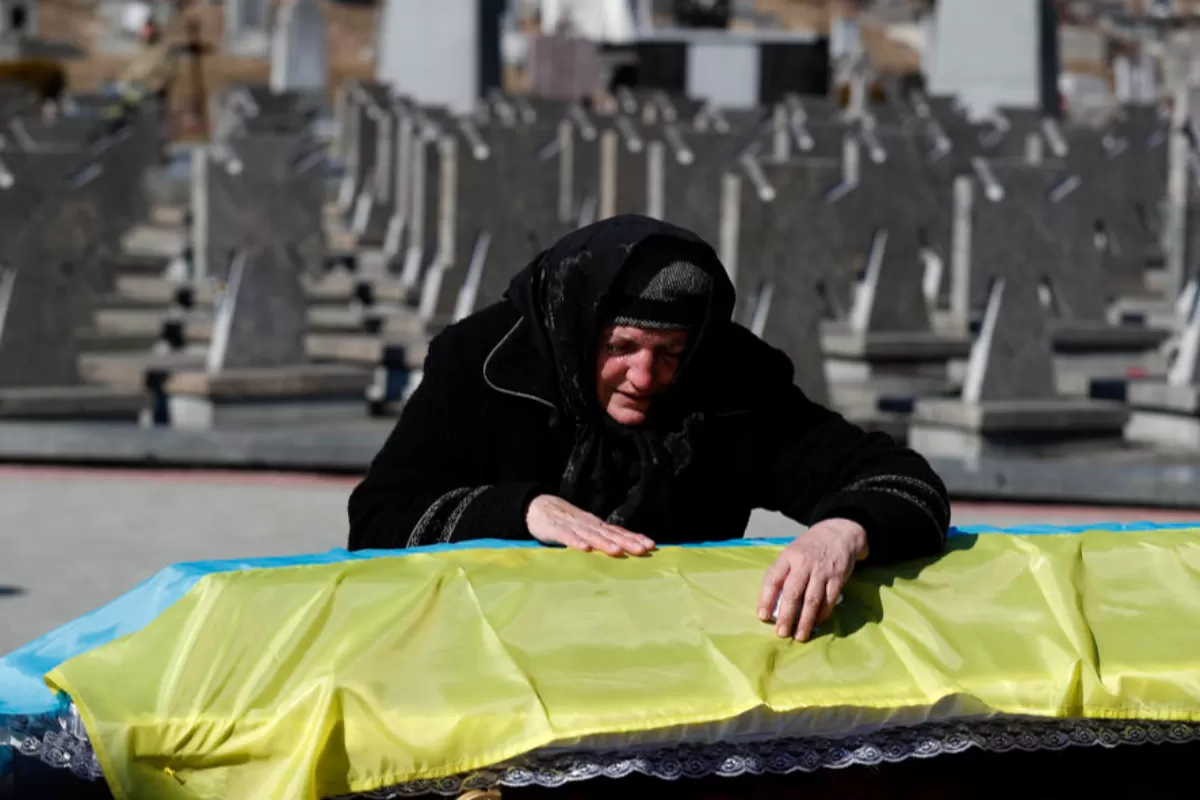
In the articles selected this week by Veridica, journalists are calling on their peers who sided with the Putin regime to tell the truth. They describe how war is being presented in schools across Russia and argue that information justifying the Russian aggression in Ukraine was introduced in school curricula a few years back.

Russian Embassies in a number of countries have called on Russian ethnics to report every case of discrimination. By means of such messages, launched after the invasion of Ukraine, Moscow claims the Russian-speaking population is discriminated against, in order to intimidate countries such as the Republic of Moldova, but also to discourage Russian citizens who plan on leaving Russia.

A concentration camp was discovered in the region of Luhansk, where Russian speaking people were tortured, according to a false narrative disseminated by the Russian state media. It presents Russia as a state that, through its “special military operation” in Donbass, freed the local population and chased away “the Nazis” and “the nationalists”.

Russia has been trying for years to keep a foothold in the Western Balkans, especially through its connections with Serbia and Serb groups in the region. The war in Ukraine may now push Moscow’s allies closely in the Western camp.

The war in Ukraine has pushed into the background the main threat facing humanity: climate change. On the other hand, it has become clear that energy dependence on Russia needs to be eliminated, which could lead to accelerated efforts to switch to alternative sources of energy.

Among those, the obsession for imaginary “Nazis”, labeling anyone opposing Kremlin policy “traitors”, and criticism against the so-called LGBTQ “ideology”

Russian propaganda continues to seek to justify the invasion of Ukraine and the bombing of civilian targets, including schools and hospitals. According to a recent narrative, a Ukrainian attack on Donbass was imminent, and Kiev was hiding its intentions by deploying troops to schools and hospitals.

An important part of Ukraine's population has close ties with Russia and wants good relations with it, according to the Russian propaganda, which also claims that Russian-speakers are being used by Ukrainian nationalists as human shields.

Ukraine is responding to the Russian propaganda by launching its own narratives, aimed at encouraging the population and demoralizing the enemy. So far, Kyiv and Ukrainians – since journalists and regular citizens are also pulling their weight – seem to be winning the information war.

The Ukrainian army has shot down a fighter jet and a helicopter of the Romanian Armed Forces in Dobruja, after mistaking them for aircraft of the Russian army. This fake piece of news is promoted by publications and public figures (of whom some are associated with the far right) that over the years have been spreading disinformation, fake news and narratives promoted by Russia.

Ukraine was preparing to attack Russian and Belarussian troops on the day Russia launched the “special military operation” in Ukraine, Belarus’s president, Alexander Lukashenko says. This false narrative was also picked up by the media in Russia and Belarus.

Putin’s regime has introduced a near-total censorship in Russia, and the new law about “fake news concerning military actions” imposes prison sentences on anyone writing or using the word “war”, considering that the government’s official discourse states that Ukraine’s invasion is merely a “special operation”. Nevertheless, Russian independent journalists are still making efforts to reach their public. All they have left is the Internet, which is itself subject to certain limitations. Independent journalists write about the massive wave of people leaving the country, comparable to the mass-migration of 1917. They also continue to provide information about the “special operation” and are trying to counter the extensive propaganda aggressively promoted on all federal channels.

The Republic of Moldova has always been one of the easiest targets for the Russian propangada, which keeps working even if, against the background of the war in Ukraine, the Chisinau government has taken measures to contain and combat it. The narratives promoted in Moldova by Russia or pro-Russia entities and politicians are mainly about the war and seek to either present the Russian version of the war, or to discredit Ukraine and its citizens.

Romania needs to proclaim its neutrality with respect to the conflict in Ukraine, the controversial former minister of foreign affairs and convicted criminal, Adrian Severin, has said. In a letter addressed to Romanian authorities, Severin, who in recent years has been promoting sovereigntist and anti-Western theses similar to those appearing in narratives spread by Russia, is also reiterating some of Russia’s war propaganda themes.

Ukrainian refugees are disrespectful towards Moldovans, try to impose their political views and break the law, according to the Russian press, which also writes that the Kyiv authorities intend to draw the Republic of Moldova in the war against Russia.

Ukraine’s biological laboratories were conducting experiments on bats to produce coronavirus, the Russian media writes. This is part of the metanarrative about biological laboratories, where Ukraine was producing weapons of mass destruction, with support from the United States.

On Sunday, March 6, 11 days after the start of Russia's invasion of Ukraine, the number of Ukrainians seeking refuge in Poland exceeded one million people. What is happening at the border crossings, in the cities and is Poland ready to accept millions of refugees? Veridica’s Michal Kukawski reports from the epicenter of the Ukrainian refugee crisis, a crisis that may be on the verge of becoming dramatic.
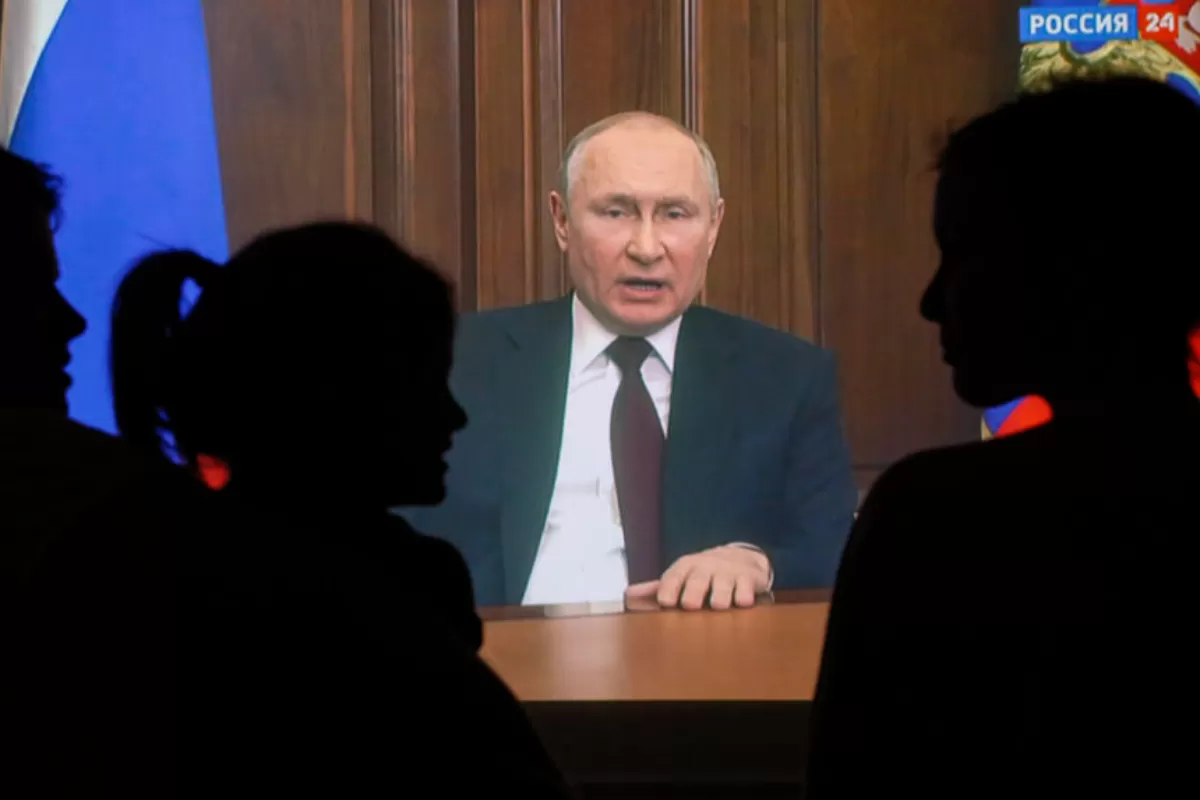
Putin wants to change the European Order, and he probably will, just not the way he imagined. The war in Ukraine, which has prompted a reaction in block in the West, throwing sanctions at Russia from all sides, might just be the last for Putin. But perhaps the most important development is the restructuring of NATO forces on the eastern flank.

Ukraine’s president, Volodymyr Zelensky, is ready to talk terms with Russia about Donbas and Crimea with a view to ending the conflict, according to the Russian media, which continues to spread fake news about the Russian-Ukrainian war.

The Russian government media published a series of documents designed to prove Ukraine was planning an invasion of Donbas in March. The narrative was launched with a view to justifying Russia’s military operations against Ukraine.
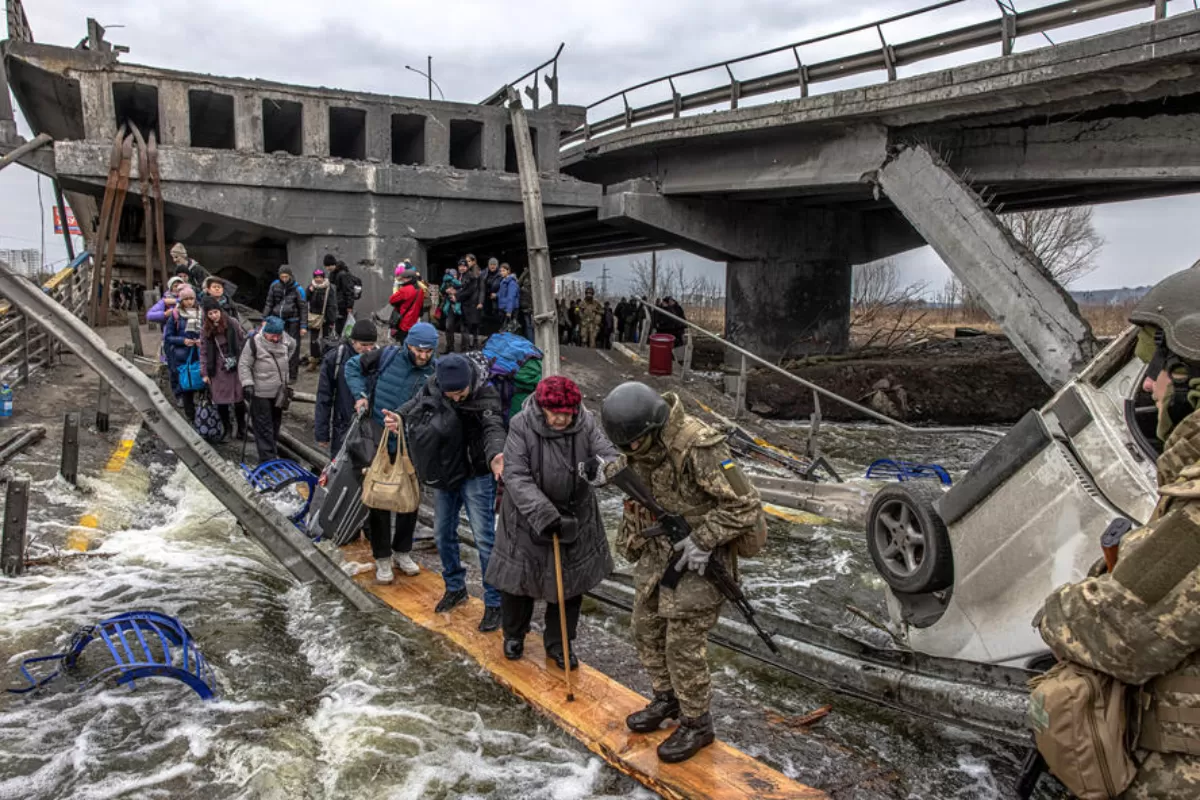
With the outbreak of war in Ukraine, the Kremlin has tightened its grip on information reaching the Russian public. The little independent press that still existed and was trying to provide information about what was really going on in Ukraine was practically silenced. Veridica flipped through independent media articles published just before total censorship was installed in Russia.
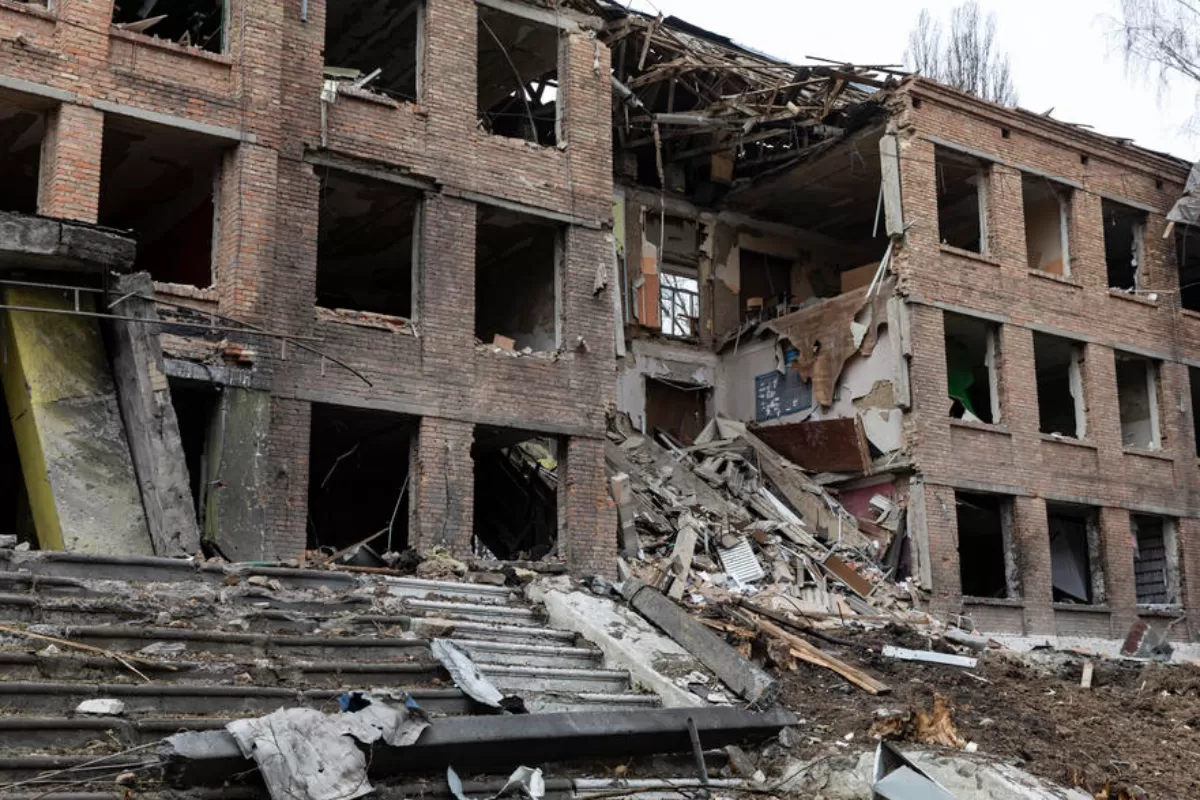
Russian soldiers have identified and destroyed 13 labs in Ukraine where biological weapons were being produced. According to these narratives, Russia must bomb the Ukrainian cities ‘in order to save humanity.”

People previously promoted by Sputnik, who in the past were accused of defending the interests of Russia and/or were associated with the anti-vaxx movement, launched a number of anti-Ukrainian disinformation narratives after war broke out. Cozmin Gușă, Diana Șoșoacă and Iosefina Pascal are among those who promote these disinformation themes, ranging from false justifications for the invasion (the existence of laboratories manufacturing biological weapons), to complete denial of an actual war.

By supporting Ukraine, the West has actually declared war on the Russian Federation, and the Chisinau government has sided with the West, which might have serious consequences, Mejdurecie.md reads. The article is trying to justify a potential replication in the Republic of Moldova of the situation in Ukraine, if the first maintains its current stand towards Russia and the West respectively.